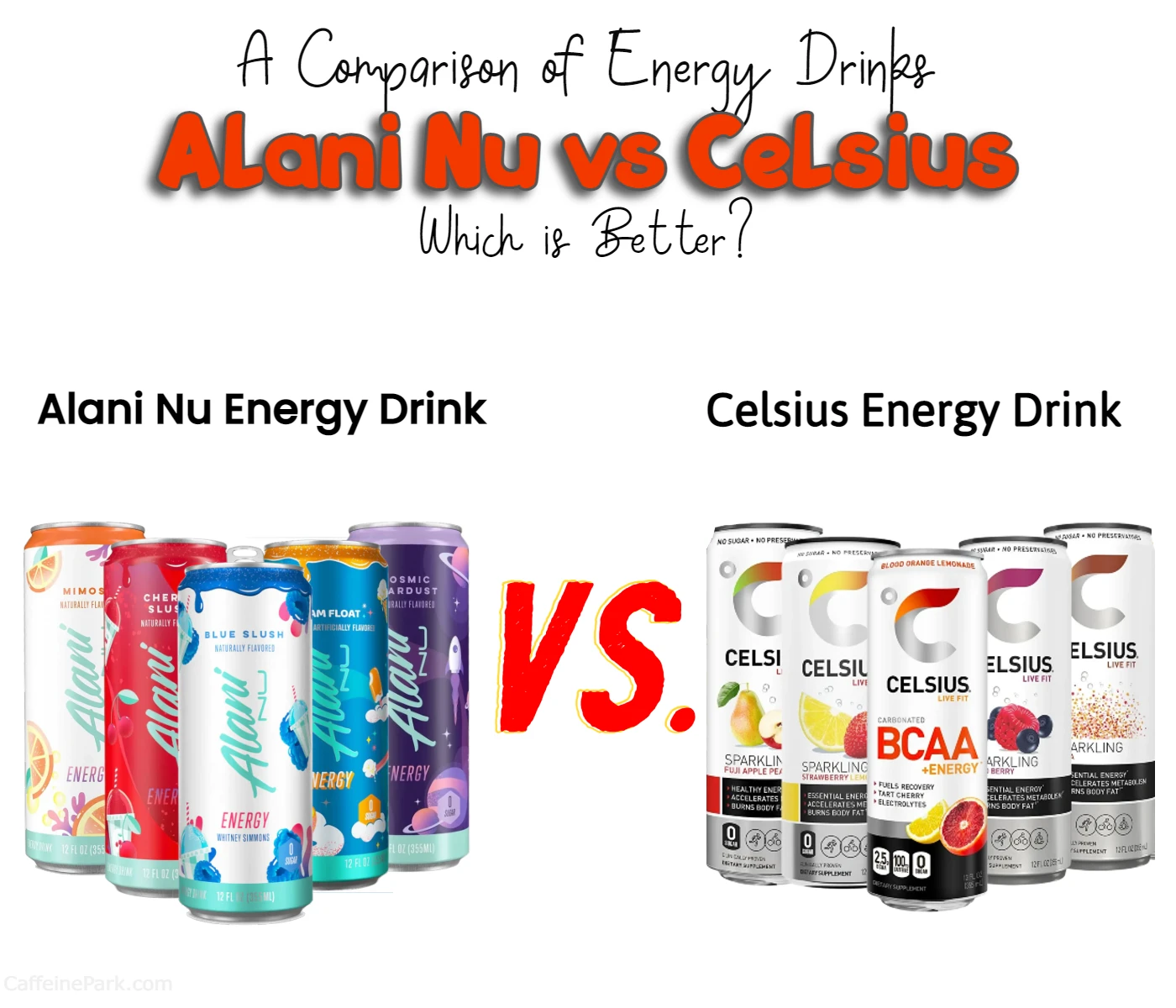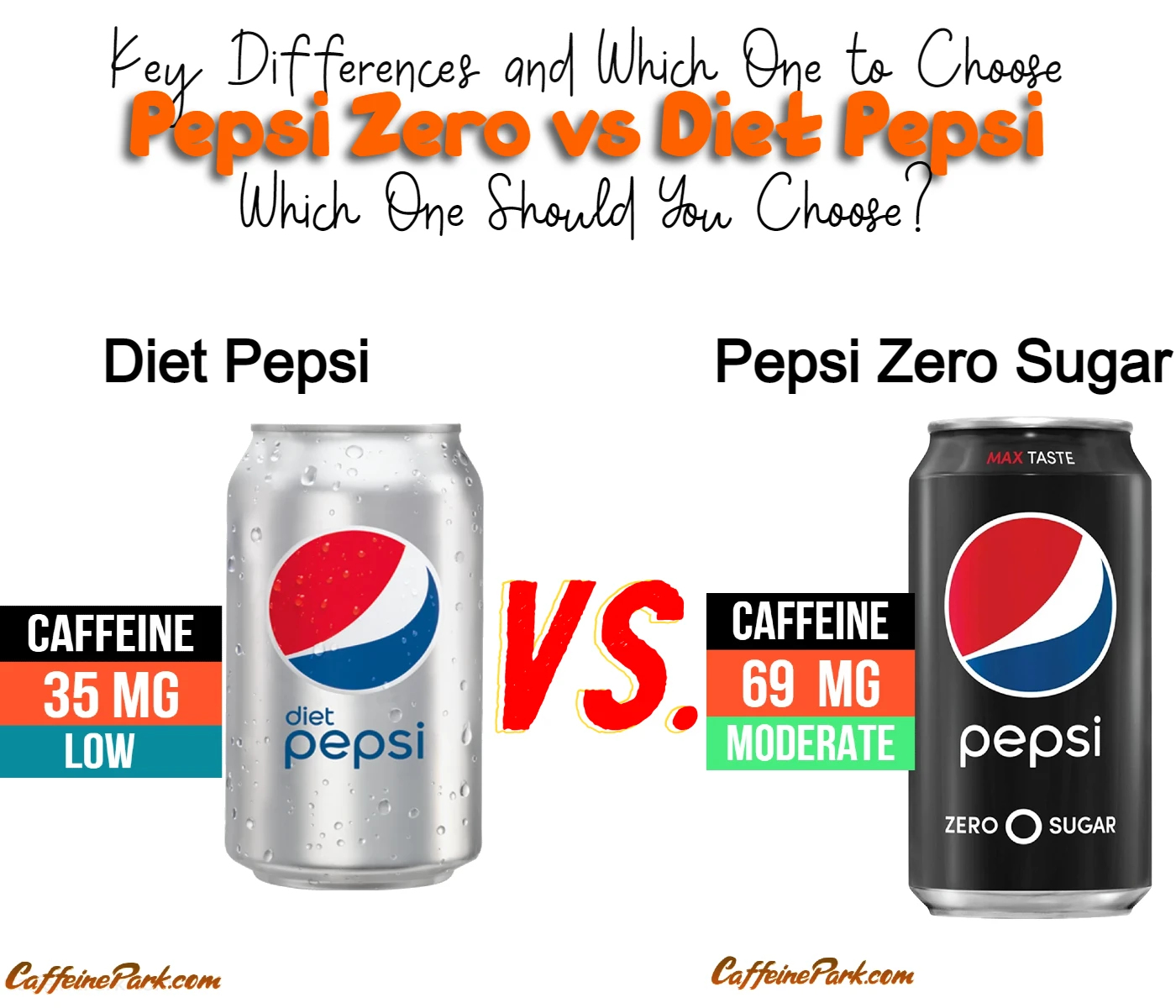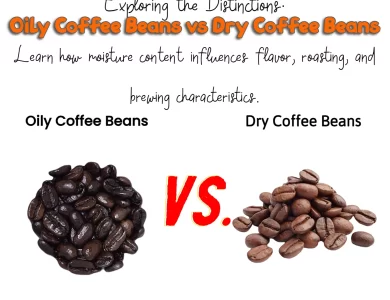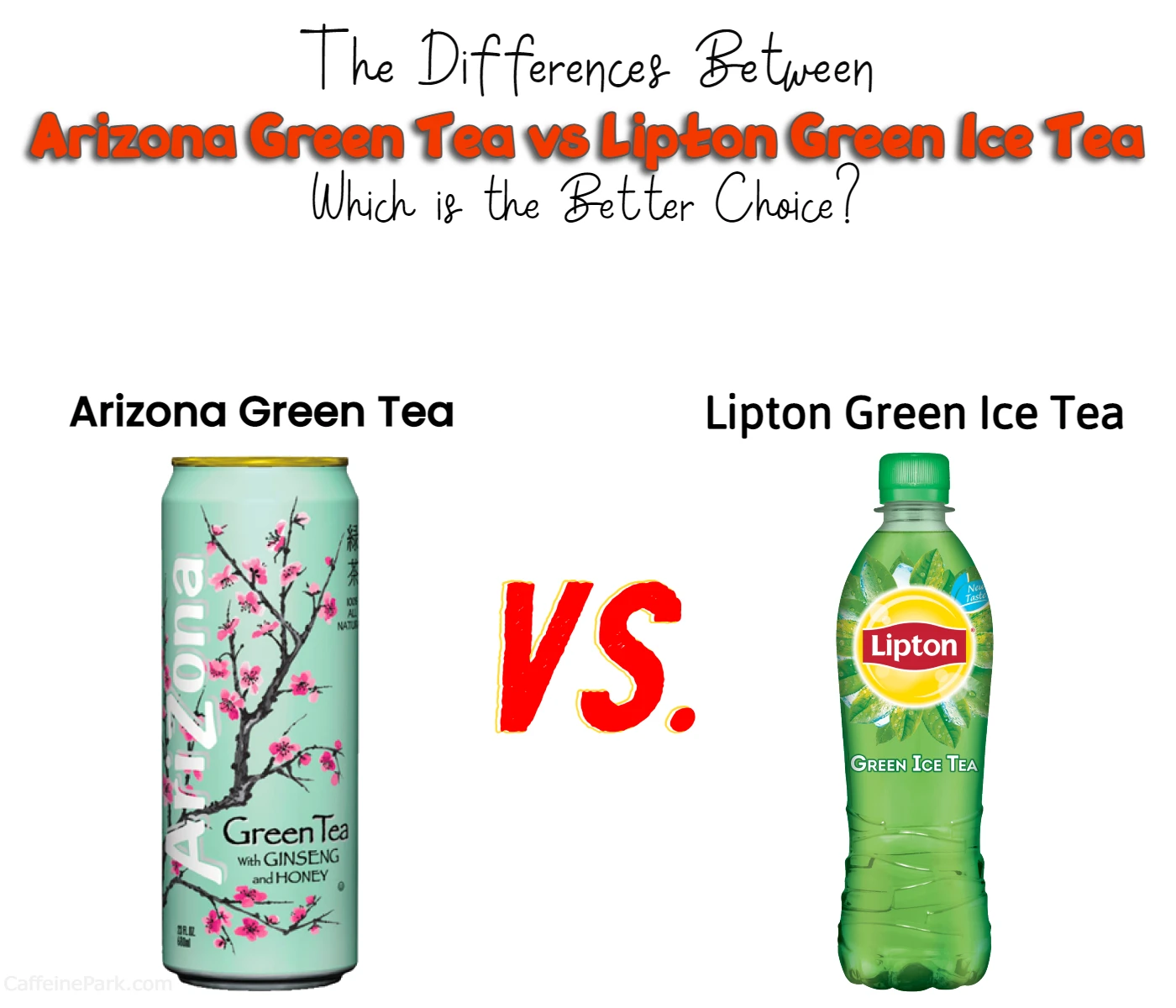
In the world of sweeteners, these two contenders have captured the taste buds and curiosity of many. But which one should reign supreme in your daily dose of sweetness? Fear not, for I am here to guide you through the tantalizing realm of aspartame and sugar, shedding light on their characteristics, benefits, and considerations.
Are you counting calories or looking to manage your weight without sacrificing your sweet tooth? Aspartame, with its low-calorie allure, maybe the perfect match for you. This sweet superstar offers intense sweetness without packing on the pounds, making it a valuable tool in your weight management journey. On the other hand, if you seek the natural and familiar taste that brings joy to your culinary creations, sugar might be the classic companion you’ve been searching for. Let its sweetness swirl in your baked goods and dance in your morning coffee.
Read to the end of my blog to discover the ultimate winner in the battle of aspartame vs. sugar and find the perfect sweet companion for your journey to a healthier and tastier life. Let’s sweeten up your day and make an informed choice that leaves you smiling from ear to ear. Stay tuned for the next installment of the sweet showdown!”
Here’s a quick table summarizing some key points of comparison between aspartame and sugar:
| Aspect | Aspartame | Sugar |
|---|---|---|
| Caloric Content | Very low, minimal calorie content | High caloric content |
| Sweetness | Intense sweetness | Natural and familiar sweet taste |
| Impact on Blood Sugar | Does not affect blood sugar levels | Can cause blood sugar spikes |
| Dental Health | Does not contribute to tooth decay | Can contribute to tooth decay |
| Digestion | Rapidly broken down and metabolized | Requires complex digestion and absorption |
| Environmental Impact | Manufacturing process has some environmental implications | Land use, water consumption, and pesticide use |
| Addiction and Cravings | May perpetuate cravings for sweet flavors, but low in calories | Can create desire for more sweet foods, potential for addictive properties |
| Suitable for Diets | Suitable for low-calorie and diabetic diets | Requires moderation, may not be suitable for certain diets (e.g., ketogenic) |
| Special Considerations | Individuals with phenylketonuria (PKU) should avoid | Excessive consumption can have negative health effects |
Differences between Aspartame and Sugar
The Aspartame Story
To kick things off, let’s talk about aspartame. It is a low-calorie artificial sweetener that has been around for decades. Aspartame is made up of two amino acids: aspartic acid and phenylalanine. It is incredibly sweet, providing a sugary taste without adding significant calories to your diet. Aspartame is commonly found in a variety of food and beverage products, including diet sodas, sugar-free desserts, chewing gum, and more.
The Sugar Story
Ah, sugar—the sweet darling that has captured the hearts of many. Sugar, or sucrose, is a natural sweetener found in various fruits, vegetables, and sugarcane. It has been a staple in our diets for centuries, adding that delightful touch to countless culinary creations. Sugar is made up of glucose and fructose, two simple sugars that provide us with energy. It is widely used in food and beverages, from baked goods to carbonated drinks and even savory dishes.
Calorie Content Showdown
One of the primary reasons people turn to artificial sweeteners like aspartame is their low-calorie content. For those watching their weight or managing conditions like diabetes, cutting down on calories can be beneficial. So, how do aspartame and sugar stack up in this regard? Let’s take a closer look:
| Sweetener | Calories per Gram | Calories per Teaspoon (Approx.) |
|---|---|---|
| Aspartame | 4 | Negligible |
| Sugar | 4 | 16 |
As you can see, both aspartame and sugar contain approximately four calories per gram. However, the sweetness of aspartame allows for significantly lower usage, resulting in negligible calorie intake. On the other hand, sugar’s 16 calories per teaspoon can add up quickly, especially if you have a sweet tooth. When it comes to calorie content, aspartame certainly has the upper hand.
Taste Test: Sweetness Perception
Now, let’s explore the all-important factor: taste! After all, we want our sweeteners to make our taste buds dance with delight. Aspartame and sugar offer distinct flavor profiles, and personal preferences play a significant role. However, it’s worth noting some differences between the two:
Aspartame:
Aspartame is an intensely sweet compound, approximately 200 times sweeter than sugar. This potency means that only a tiny amount is needed to achieve the desired level of sweetness. Some people may detect a slight aftertaste when consuming aspartame, but opinions on this vary. If you enjoy a strong sweetness without calories, aspartame might be your go-to choice.
Sugar:
Sugar’s sweetness is familiar to most of us, with a balanced flavor that enhances the taste of various foods. While it does provide a pleasant sweetness, it also contributes to calories, so portion control is essential. Sugar’s natural properties lend themselves well to caramelization and the creation of delicious golden-brown crusts on baked goods. Its versatility in cooking and baking is hard to beat.
Health Considerations: Breaking It Down
When it comes to health, we can’t help but ponder the impact of sweeteners on our well-being. Let’s take a closer look at the key health considerations surrounding aspartame and sugar:
Weight Management:
If you’re watching your weight, aspartame can be a valuable tool. With its minimal calorie content, it allows you to satisfy your sweet tooth without piling on the pounds. Sugar, on the other hand, can contribute to weight gain if consumed excessively. Moderation is key when indulging in sugar-sweetened treats.
Diabetes Management:
For individuals with diabetes, managing blood sugar levels is crucial. Aspartame provides a sweet alternative without affecting blood glucose levels, making it a popular choice. Sugar, when consumed in large quantities, can lead to blood sugar spikes, posing challenges for diabetics. However, it’s worth noting that both aspartame and sugar can be included in a balanced diabetic meal plan with appropriate portion control.
Dental Health:
Ah, the dreaded cavities! Sugar has long been associated with dental decay when consumed excessively or without proper oral hygiene. Aspartame, on the other hand, doesn’t contribute to tooth decay directly since bacteria in the mouth cannot break it down. However, it’s important to note that both sugar and aspartame-sweetened products can be acidic or sticky, potentially affecting dental health indirectly.
The Science Behind Safety
Safety is of utmost importance when it comes to food additives. Aspartame has undergone extensive scientific scrutiny over the years to determine its safety for consumption. The consensus among regulatory agencies, such as the U.S. Food and Drug Administration (FDA) and the European Food Safety Authority (EFSA), is that aspartame is safe for most people when consumed within acceptable daily intake levels.
Sugar, when consumed in moderation, poses no significant health risks for the general population. However, excessive sugar consumption has been linked to various health concerns, including obesity, type 2 diabetes, and heart disease. The World Health Organization (WHO) and other health authorities recommend limiting added sugar intake to promote overall health.
Digestion and Absorption
When it comes to digestion and absorption, aspartame and sugar behave differently in our bodies:
Aspartame:
Aspartame is rapidly broken down in the gastrointestinal tract, producing aspartic acid, phenylalanine, and methanol. These components are then absorbed into the bloodstream and metabolized. The metabolism of aspartame does not contribute significant calories to our bodies since the amount of aspartame required to achieve the desired sweetness is minimal.
Sugar:
Sugar, on the other hand, requires more complex digestion and absorption processes. The enzymes in our digestive system break down sugar into its individual glucose and fructose molecules, which are then absorbed into the bloodstream. Glucose is readily used by our cells for energy, while fructose is primarily metabolized in the liver. Excess fructose consumption can contribute to fatty liver and other metabolic issues if consumed in large amounts.
Potential Side Effects
Aspartame and sugar have been subject to various claims and concerns regarding potential side effects. Let’s explore these in more detail:
Aspartame:
Aspartame has been the subject of intense scrutiny over the years. However, numerous scientific studies and regulatory agencies have concluded that aspartame is safe for consumption by the general population. The acceptable daily intake (ADI) established by regulatory authorities represents the amount of aspartame that can be consumed daily over a lifetime without adverse effects. The ADI for aspartame is set at 50 milligrams per kilogram of body weight in the United States and 40 milligrams per kilogram of body weight in the European Union.
There have been claims linking aspartame to various health issues, such as headaches, dizziness, and even cancer. However, extensive research has not provided consistent evidence to support these claims. Individuals with phenylketonuria (PKU), a rare genetic disorder, need to avoid phenylalanine-containing products like aspartame. For the general population, aspartame is considered safe when consumed within recommended limits.
Sugar:
While sugar is a natural ingredient, excessive consumption can have negative health effects. High sugar intake has been linked to weight gain, obesity, type 2 diabetes, heart disease, and dental decay. Consuming sugar-sweetened beverages, such as soda, is particularly concerning due to their high sugar content and lack of nutritional value. It’s important to note that the negative impact of sugar is primarily associated with excessive and prolonged consumption, rather than moderate use as part of a balanced diet.
Sweeteners in the Real World
To further explore the aspartame vs. sugar debate, let’s take a look at their applications in various aspects of our daily lives:
Food and Beverages:
Aspartame has gained popularity as an alternative sweetener in numerous food and beverage products, especially those marketed as “diet” or “sugar-free.” You’ll often find aspartame in diet sodas, sugar-free candies, desserts, and chewing gum, providing a guilt-free sweet taste. Sugar, with its familiar flavor, remains a staple in a wide range of food and beverage items, including baked goods, cereals, sauces, and sweetened beverages.
Cooking and Baking:
When it comes to cooking and baking, sugar plays a crucial role in providing structure, texture, and flavor to various recipes. It aids in caramelization, adds moisture, and contributes to browning. Aspartame, due to its intense sweetness and different properties, is not suitable for replacing sugar in most cooking and baking applications. However, there are specific recipes and cooking techniques that utilize aspartame or other artificial sweeteners to achieve desired results.
Personal Preferences:
Ultimately, personal preferences and individual health considerations play a significant role in the aspartame vs. sugar debate. Some people may prefer the taste of aspartame, while others enjoy the natural sweetness of sugar. Health conditions, dietary restrictions, and weight management goals can also influence the choice between these sweeteners. It’s essential to consider your own needs and preferences when making decisions about the sweeteners you consume.
Environmental Impact
When considering the environmental impact, it’s important to look at the production processes and overall sustainability of aspartame and sugar:
Aspartame:
The production of aspartame involves a series of chemical processes. The raw materials used in its production, such as aspartic acid and phenylalanine, are derived from natural sources like fermented corn or soy. However, the manufacturing process itself requires energy and involves chemical reactions that may have some environmental implications. Nonetheless, the low-calorie nature of aspartame means that less is needed to achieve desired sweetness, which can help reduce overall resource consumption.
Sugar:
Sugar production has a significant impact on the environment, particularly when it comes to land use, water consumption, and pesticide use. Sugarcane cultivation requires vast areas of land, which can lead to deforestation and habitat destruction. The water-intensive nature of sugarcane farming contributes to water scarcity in some regions. Additionally, the use of pesticides and fertilizers in conventional sugar production can have negative effects on ecosystems and water quality. Sustainable practices, such as organic or regenerative agriculture, can help mitigate these environmental impacts.
Glycemic Index and Blood Sugar Levels
The glycemic index (GI) is a measure of how quickly a carbohydrate-containing food raises blood sugar levels. Let’s explore how aspartame and sugar fare in terms of their impact on blood glucose:
Aspartame:
Aspartame has a GI of zero since it does not contain carbohydrates that can raise blood sugar levels. This makes it a suitable sweetener for individuals who need to monitor their blood glucose, such as those with diabetes. Aspartame does not contribute to spikes or fluctuations in blood sugar levels.
Sugar:
Sugar has a moderate to high GI, depending on the form and source. Consuming sugary foods and beverages can cause a rapid increase in blood sugar levels, followed by a subsequent drop. This can be problematic for individuals with diabetes or those seeking to maintain stable blood sugar levels. It’s important to consume sugar in moderation and in combination with other foods to help mitigate its impact on blood glucose levels.
Addiction and Cravings
The addictive nature of sugar is a topic of much discussion. Let’s explore how aspartame and sugar may impact our cravings and satisfaction:
Aspartame:
Aspartame is intensely sweet, and some argue that its potent sweetness may perpetuate cravings for sweet flavors. However, since aspartame is low in calories, it does not provide the same satisfaction and satiety that sugar does. This can potentially lead to a desire for more food or sweet-tasting products, indirectly impacting calorie intake. Individual responses to aspartame may vary, and some people may find it helpful in managing cravings and reducing overall calorie consumption.
Sugar:
Sugar has been associated with addictive properties, and some studies suggest that it can activate reward centers in the brain, leading to cravings and potential overconsumption. The sweet taste and pleasurable sensations associated with sugar can create a desire for more sweet foods and beverages. It’s important to be mindful of sugar intake and practice moderation to prevent excessive cravings and potential negative health effects.
Use in Special Diets
Certain dietary patterns and health conditions may influence the choice between aspartame and sugar. Let’s explore a few specific scenarios:
Ketogenic Diet:
Aspartame is often considered suitable for a ketogenic diet due to its low carbohydrate content and minimal impact on blood sugar levels. The ketogenic diet emphasizes high fat, moderate protein, and very low carbohydrate intake. Sugar, being high in carbohydrates, is typically avoided on a ketogenic diet as it can interfere with ketosis, a metabolic state targeted by the diet.
Phenylketonuria (PKU):
Individuals with PKU have a genetic inability to metabolize phenylalanine, one of the components of aspartame. As a result, they must strictly avoid aspartame and other sources of phenylalanine in their diet. Sugar, being carbohydrate and not containing phenylalanine, is typically safe for individuals with PKU to consume.
Allergies and Sensitivities:
Some individuals may have allergies or sensitivities to aspartame or sugar. Allergic reactions to aspartame are rare but can occur in susceptible individuals. Sugar allergies are extremely rare, but some people may have sensitivities to high amounts of sugar or certain types of sugars, such as fructose. In such cases, alternative sweeteners or natural sugar substitutes may be explored.
It’s important to consult with healthcare professionals or registered dietitians when considering special diets or if you have specific health concerns related to sweeteners.
FAQs
The main difference between aspartame and sugar is their composition and sweetness levels. Aspartame is an artificial sweetener that is intensely sweet, often several hundred times sweeter than sugar. It is made up of two amino acids, aspartic acid, and phenylalanine. Sugar, on the other hand, is a natural carbohydrate that provides sweetness and energy. It is commonly extracted from sugarcane or sugar beets and consists of glucose and fructose molecules.
Aspartame is significantly lower in calories compared to sugar. Sugar provides about 4 calories per gram, while aspartame is virtually calorie-free. This makes aspartame a popular choice for those looking to reduce calorie intake, manage weight, or control blood sugar levels.
Aspartame is much sweeter than sugar, so it may not have an identical taste profile. Some people notice a slight difference in taste when substituting aspartame for sugar. However, aspartame is often blended with other ingredients to achieve a taste similar to sugar, especially in commercial products.
Aspartame has been extensively studied and is considered safe for consumption by regulatory authorities worldwide, including the FDA. However, some individuals may have rare genetic conditions, such as phenylketonuria (PKU), that require them to avoid aspartame due to the way their bodies metabolize it. Sugar, when consumed in excess, can contribute to weight gain, dental issues, and an increased risk of chronic diseases like obesity and diabetes.
Aspartame is not recommended for high-heat cooking or baking, as it breaks down and loses sweetness at high temperatures. Sugar, on the other hand, is commonly used in cooking and baking as it adds volume, structure, and sweetness to recipes. When substituting aspartame for sugar in recipes, it is important to follow specific guidelines and use recipes formulated for the particular sweetener.
Aspartame is a low-calorie sweetener, making it a popular choice for those looking to manage their weight or control their calorie intake. It does not contribute to tooth decay and does not raise blood sugar levels, making it suitable for individuals with diabetes. On the other hand, sugar is a natural ingredient but has a high calorie content and can lead to weight gain and dental issues when consumed in excess. Both sweeteners have their pros and cons, so it’s important to consider your specific health needs and goals.
Numerous scientific studies have been conducted on aspartame, and the consensus among regulatory authorities, such as the U.S. Food and Drug Administration (FDA), is that aspartame is safe for consumption. Extensive research has not provided conclusive evidence linking aspartame to cancer in humans. However, some individuals may have rare genetic conditions, like phenylketonuria (PKU), that require them to avoid aspartame due to the way their bodies metabolize it.
Aspartame is often used as a low-calorie alternative to sugar in many food and beverage products. Since it is significantly sweeter than sugar, a smaller amount is needed to achieve the desired sweetness, resulting in fewer calories consumed. Aspartame can be a helpful tool for weight management when used in moderation as part of a balanced diet and healthy lifestyle.
Sugar, when consumed in excess, can contribute to weight gain, dental issues, and an increased risk of chronic diseases like obesity, diabetes, and heart disease. It’s important to consume sugar in moderation and be mindful of added sugars in processed foods and beverages. Natural sugars found in whole fruits are generally considered healthier options due to their accompanying fiber and nutrients.
Aspartame is not recommended for high-heat cooking or baking, as it loses its sweetness and breaks down at high temperatures. However, it can be used in cold or room temperature recipes such as beverages, dressings, and some desserts. When it comes to cooking and baking, sugar is the more common and versatile option.
Read More:
Contents
- Differences between Aspartame and Sugar
- The Aspartame Story
- The Sugar Story
- Calorie Content Showdown
- Taste Test: Sweetness Perception
- Health Considerations: Breaking It Down
- The Science Behind Safety
- Digestion and Absorption
- Potential Side Effects
- Sweeteners in the Real World
- Environmental Impact
- Glycemic Index and Blood Sugar Levels
- Addiction and Cravings
- Use in Special Diets
- FAQs





